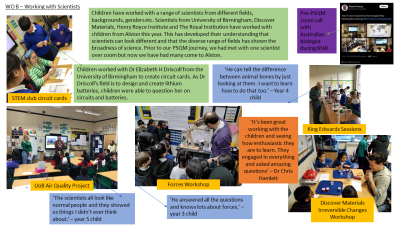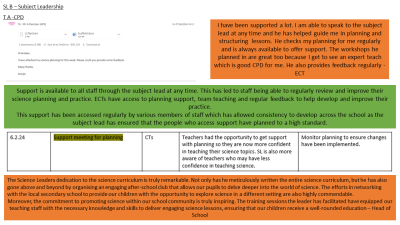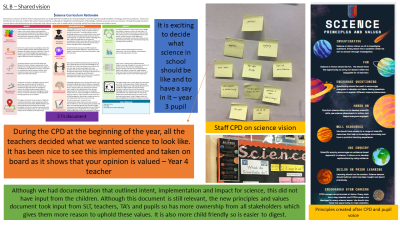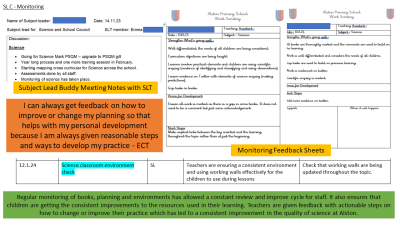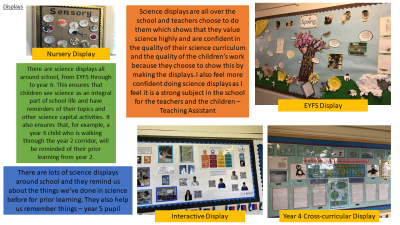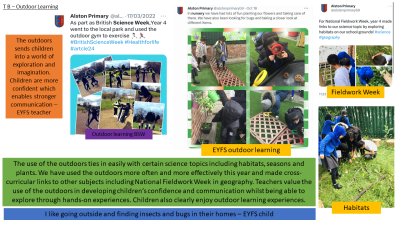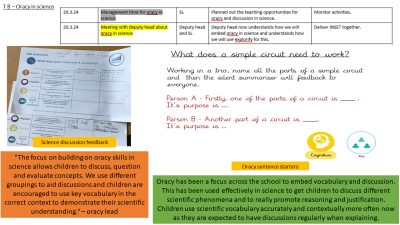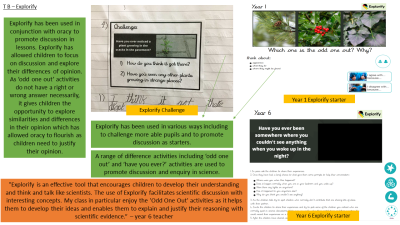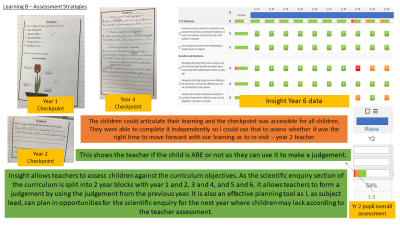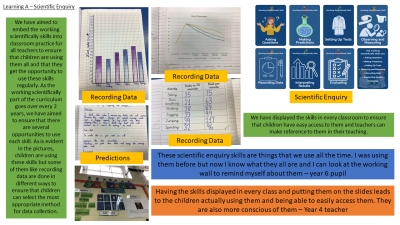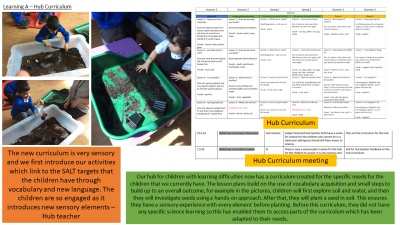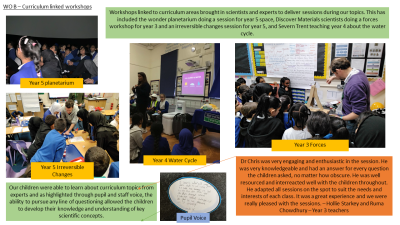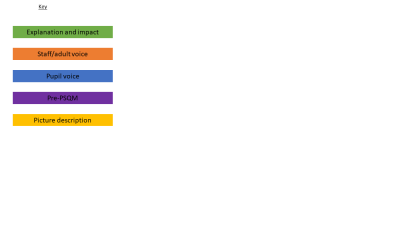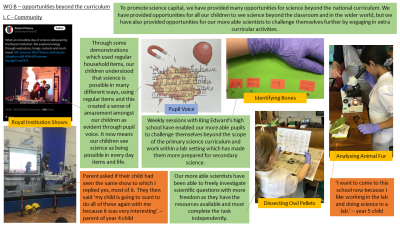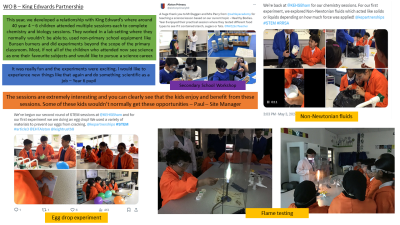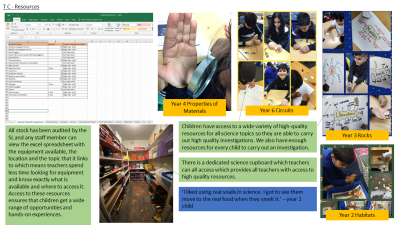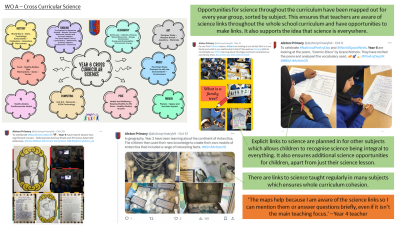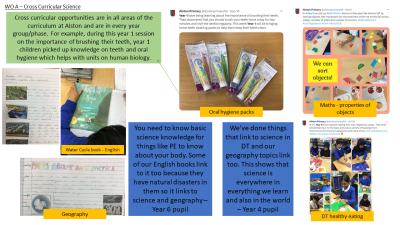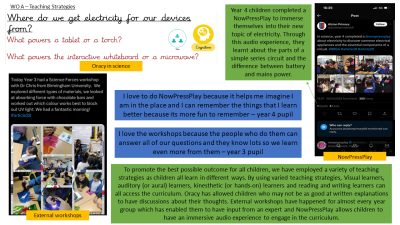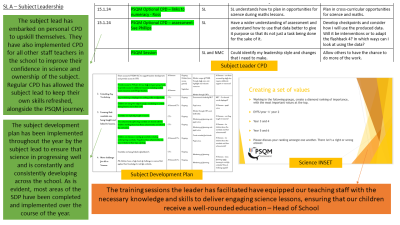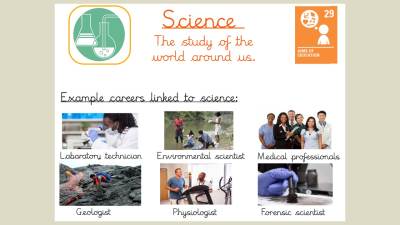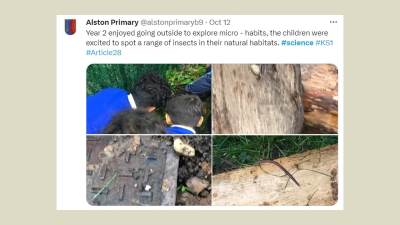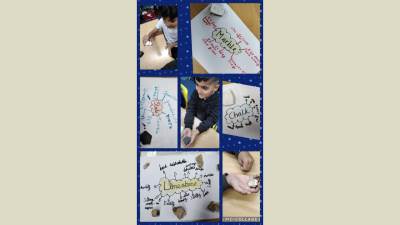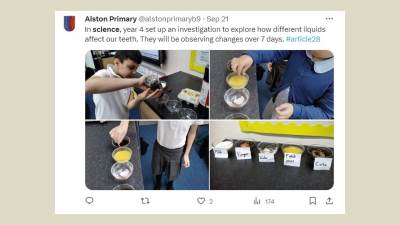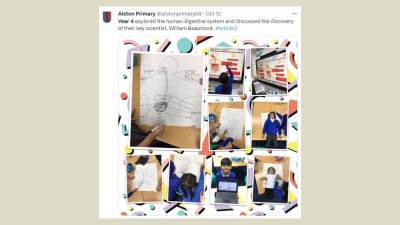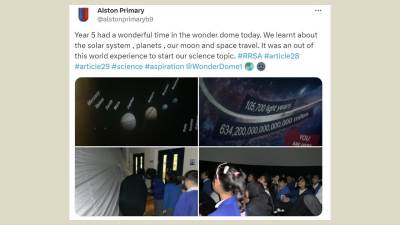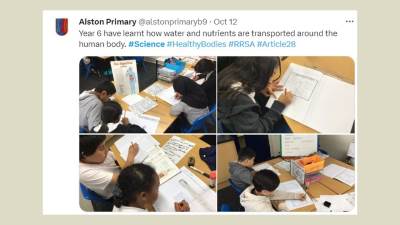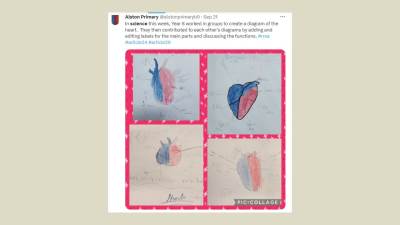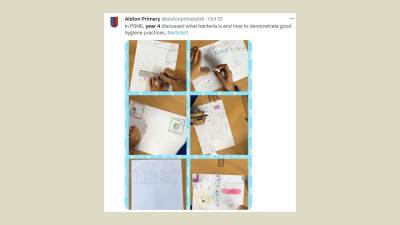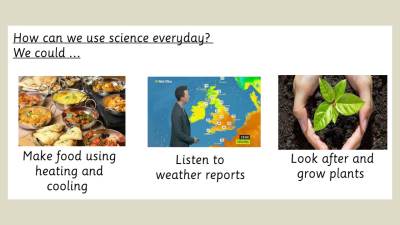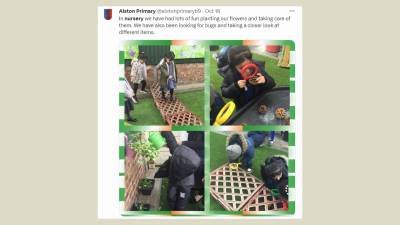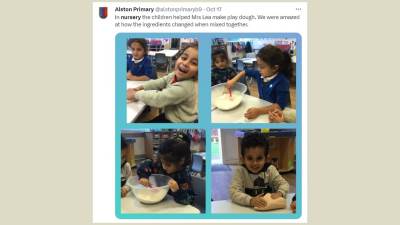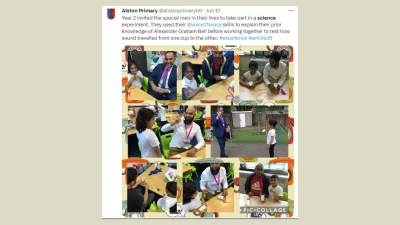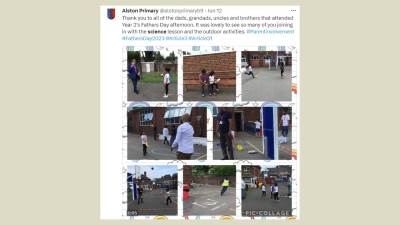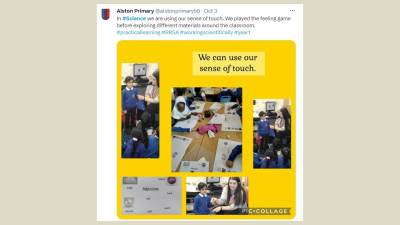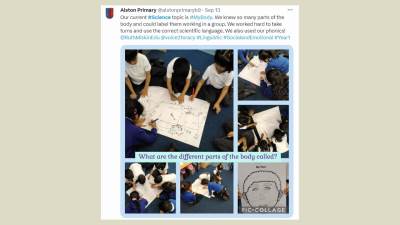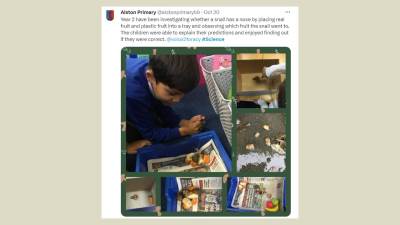Science
At Alston, science is used to inspire the way children view the world around them. We aim to inspire every child to view science in their world and the wider world. We want them to understand the importance of science to everything.
Our science curriculum and enrichment opportunities allow our children to identify science all around them and understand why elements of the world work in the way that they do and the scientific concept underpinning this.
Primary Science Quality Mark
 We are proud to have received the PSQM award for 2024-2027.
We are proud to have received the PSQM award for 2024-2027.
Substantive knowledge
Our curriculum has been created by taking the science objectives outlined in the National Curriculum. We then use these end points to create lessons which give children the opportunity to explore and use their disciplinary skills. The knowledge gained in each year builds upon prior learning and develops children’s understanding further.
Disciplinary knowledge
Disciplinary knowledge in science is delivered through practical enquiry. Every topic has at least one investigation that children carry out. The working scientifically skills are used throughout the science topics and children are given the opportunity to ask questions, make predictions, set up tests, observe and measure, record data, interpret data and evaluate/summarise their findings.
To find out more about science at Alston Primary school, please see the documents below:
-
Curriculum Overview
download_for_offline
download_for_offlineCurriculum Overview
- Science End Points 24-25 download_for_offline
download_for_offlineScience End Points 24-25
- Science Policy 2024 2025 download_for_offline
download_for_offlineScience Policy 2024 2025
- Science rationale intent implementation impact download_for_offline
download_for_offlineScience rationale intent implementation impact
Science Portfolio 2024
Science Gallery
↑ - Science End Points 24-25 download_for_offline


